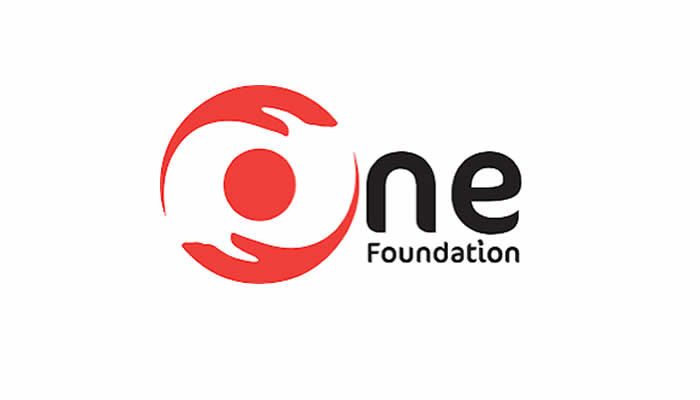The UN, Sterling One Foundation, and the United Nations Global Compact Network Nigeria (UNGCNN) urged the private sector to accelerate progress on the Sustainable Development Goals (SDGs) through six critical ‘transition pathways.’
These pathways target areas like food systems, energy access, digital connectivity, education, jobs, and climate resilience to drive significant development outcomes.
With under five years until the 2030 deadline, stakeholders highlighted the urgency of addressing Nigeria’s development gaps, where 63 per cent of citizens live in multidimensional poverty.
CEO of Sterling One Foundation, Olapeju Ibekwe emphasised the need for bold private sector actions, insisting that scalable solutions are crucial.
“We are at a critical inflection point, less than five years from the 2030 deadline, with millions still trapped in multidimensional poverty and vulnerable to the cascading effects of climate change, inequality, and economic uncertainty.
This is why convening like this is timely and necessary, to build alignment, scale ideas, and drive action where it matters most. The private sector must scale investments and take bold steps that create impact in communities,” she stated.
The executive director, UNGCNN, Naomi Nwokolo noted that aligning business strategies with the SDGs matters for both ethical and practical reasons, urging firms to invest in impactful areas to foster innovation and resilience.
Chairman of Ecobank Nigeria, Bola Adesola called for bold initiatives in sustainable energy and food systems, envisioning Africa as a leader in climate-smart solutions.
The chairman of the Presidential Fiscal Policy & Tax Reform Committee, Taiwo Oyedele stated that Nigeria’s upcoming fiscal policy will integrate SDGs into governance measures.
United Nations resident and humanitarian coordinator in Nigeria, Mohamed Fall stressed that meeting the SDGs relies on collective action at the local level, advocating for the private sector’s role in advancing both development and corporate value through SDG integration.
He emphasised that the private sector’s financial resources, technology, and operational expertise make it uniquely positioned to drive transformation.
“By embedding the SDGs into our corporate strategy, supply chains and investments, we are not just advancing global development; we are creating long-term value for our businesses, our people, and our planet,” Fall said.











